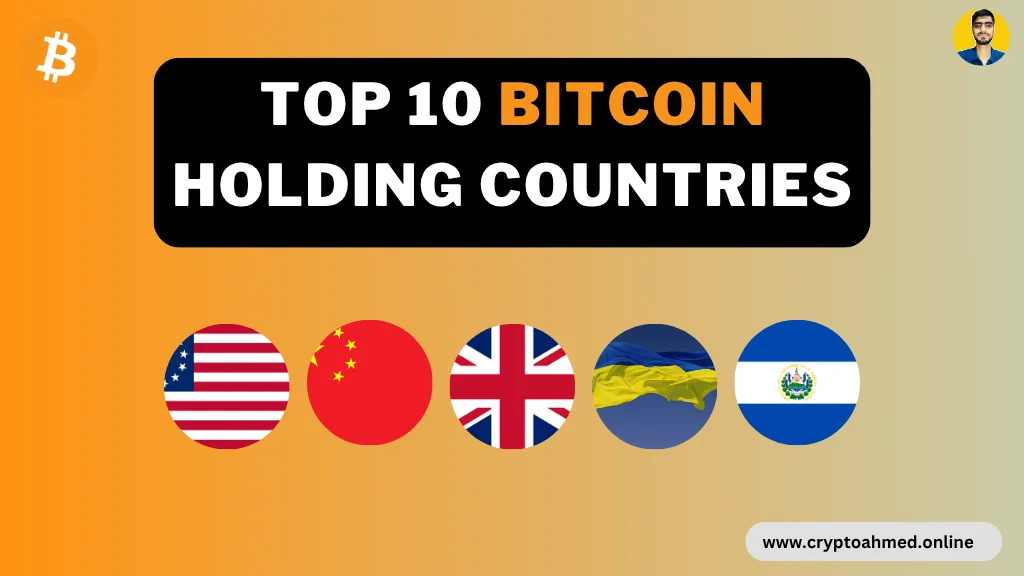In the last decade, Bitcoin has evolved from a fringe digital experiment into a mainstream financial asset. What began as a peer-to-peer currency for individuals is now attracting the attention of nation-states, governments, and central banks. As inflation rises and traditional currencies face increasing volatility, countries are starting to recognize the strategic value of holding Bitcoin as a reserve asset.
Governments are no longer passive observers in the cryptocurrency space—they are actively acquiring, seizing, or mining Bitcoin. This shift marks a significant milestone in the global financial landscape, as Bitcoin transitions from being a speculative tool to a strategic asset class that could rival gold in importance.
But why are countries holding Bitcoin? Who are the top holders? And how does this affect the future of cryptocurrency?
Why Countries Are Holding Bitcoin
There are several reasons why governments are now holding Bitcoin in their national reserves or through state-controlled operations:
1. Hedge Against Inflation
With a capped supply of 21 million coins, Bitcoin stands out as a strong hedge against inflation. Unlike fiat currencies that can be endlessly printed, their built-in scarcity enhances their appeal as a long-term store of value.
2. Digital Gold Narrative
Many countries view Bitcoin as “Digital Gold.” As gold has historically been used as a reserve asset, Bitcoin is now emerging as a modern alternative, particularly appealing to nations looking to diversify their reserves.
3. Seizures and Law Enforcement
In many cases, countries acquire Bitcoin through the confiscation of illegal funds. Government agencies seize crypto assets in criminal investigations and then hold or auction them.
4. Strategic Reserve Policy
Some countries, such as the United States and El Salvador, are exploring or implementing strategic reserve policies that involve Bitcoin. These nations are either mining Bitcoin or purchasing it on open markets to strengthen national financial stability.
5. Technological Leadership
Owning Bitcoin also symbolizes technological foresight. Countries that adopt Bitcoin early position themselves as leaders in the future digital economy.
Top 10 Countries Holding Bitcoin
Let’s explore the top 10 countries currently holding the largest amounts of Bitcoin, based on government reports, law enforcement seizures, and mining activities.
1. United States (~198,000 BTC)
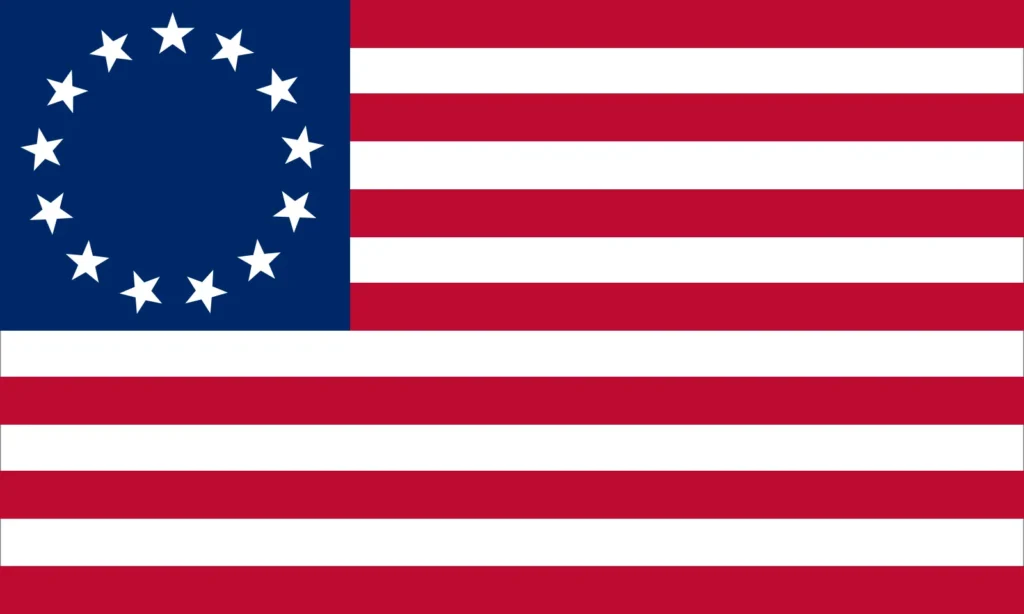
The U.S. government is the largest holder of Bitcoin, with an estimated 198,000 BTC. These holdings primarily come from criminal seizures, including funds from Silk Road and other dark web investigations. In 2025, the U.S. formalized its Bitcoin strategy by creating a “Strategic Bitcoin Reserve”, indicating its long-term commitment to digital assets.
2. China (~190,000 BTC)

China, despite banning Bitcoin trading and mining in the past, holds a massive BTC reserve, mostly from the 2019 PlusToken Ponzi scheme crackdown. Although some of these coins may have been sold off, a significant portion is believed to remain in state custody.
3. United Kingdom (~61,000 BTC)
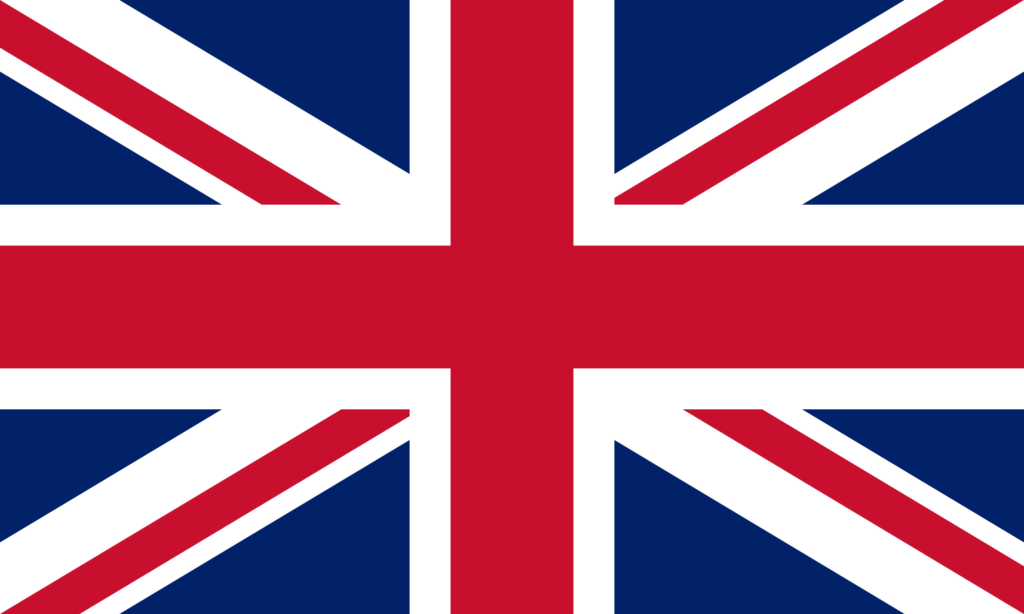
The UK recently became one of the top holders after seizing over 60,000 BTC from a major money laundering case. There is ongoing discussion about integrating Bitcoin into national reserves instead of auctioning it off, similar to the U.S. strategy.
4. Ukraine (~46,350 BTC)
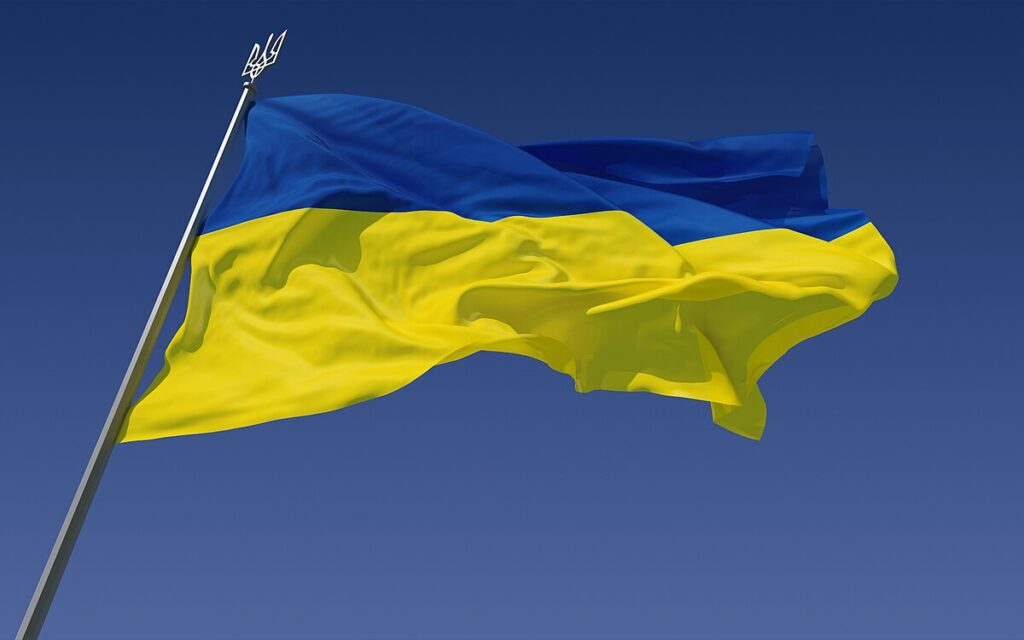
Ukraine received a significant amount of Bitcoin through donations during its conflict with Russia. These funds have been instrumental in supporting humanitarian aid and defense efforts, making Ukraine a major player in the crypto space.
5. Bhutan (~11,300 BTC)
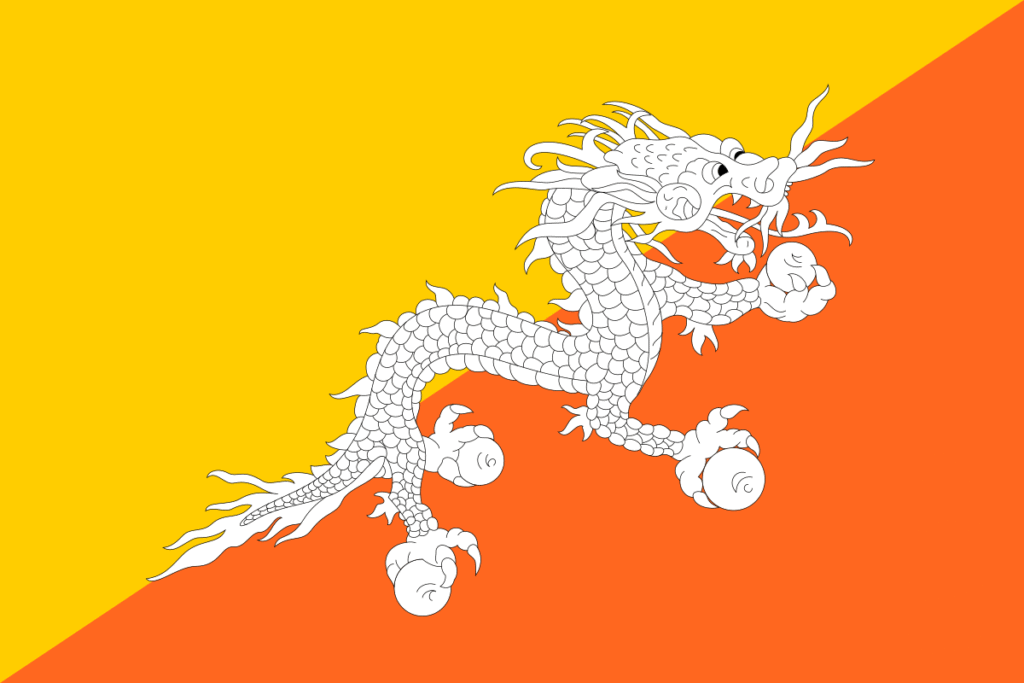
Bhutan is one of the few nations that mines its own Bitcoin, using renewable hydroelectric energy. Its 11,000+ BTC holdings represent a substantial portion of its GDP, showing how even small nations can use crypto as an economic strategy.
6. El Salvador (~6,244 BTC)
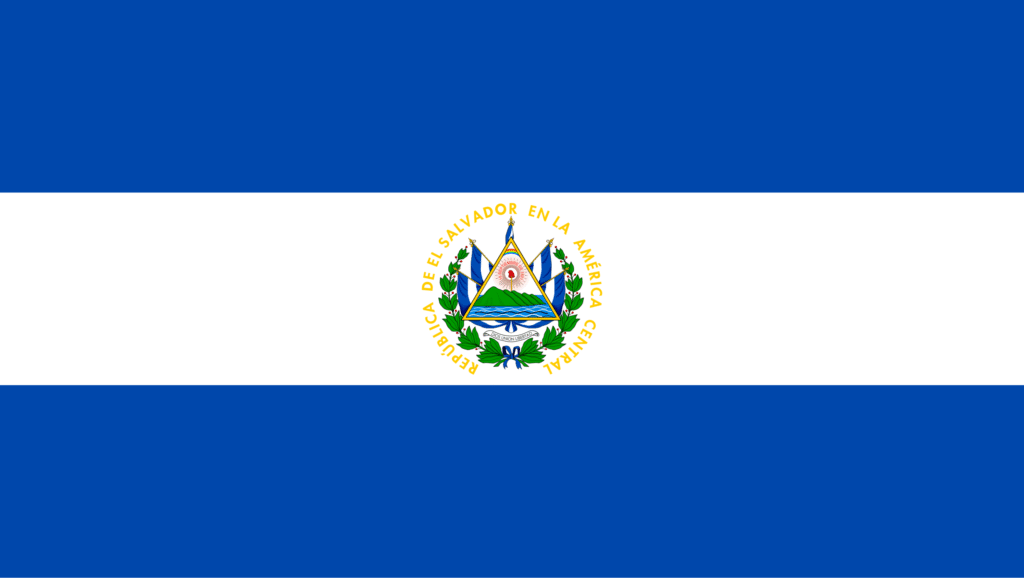
In 2021, El Salvador gained global attention by becoming the world’s first nation to recognize Bitcoin as legal tender. It has since accumulated over 6,000 BTC through direct purchases and a dollar-cost averaging strategy. The government is also investing in Bitcoin mining powered by volcanoes.
7. North Korea (~1,000–13,500 BTC)

While not officially confirmed, North Korea’s state-sponsored Lazarus Group is believed to have acquired over 13,000 BTC through cyberattacks and ransomware. Most of this has reportedly been laundered, but some coins may still be in the regime’s control.
8. Finland (~90 BTC)

Finland holds a modest Bitcoin reserve from seized assets. While small compared to other nations, the Finnish government is currently deciding whether to auction or retain its holdings for future reserves.
9. Georgia (~66 BTC)

Georgia’s BTC holdings are limited, but the country has become a major mining hub, with a high percentage of global hash rate originating from its hydro-powered mining operations.
10. India (~450 BTC)

India’s official Bitcoin holdings are small and come mostly from legal confiscations. However, the country’s growing interest in blockchain regulation suggests that more strategic acquisitions could occur in the future.
You Might Like This
- Top 5 Proven Strategies to Invest in Cryptocurrency Successfully
- Top 5 Real World Asset (RWA) Crypto Projects on CoinGecko in 2025
- The 10 Most Popular Crypto Websites You Should Know in 2025
- Top 10 Meme Coins Everyone Is Talking About – Complete Detail
Conclusion
As the global economy continues to digitize, Bitcoin is emerging as a critical component of national financial strategies. Countries are no longer ignoring the crypto revolution—they are embracing it in ways that could reshape global finance.
From the United States’ law enforcement-driven holdings to Bhutan’s eco-friendly mining and El Salvador’s legal adoption, each country’s approach reflects a unique combination of economic goals, political will, and technological ambition.
- The U.S. leads in total BTC holdings and has institutionalized its strategy through a formal reserve.
- China and the UK have made massive seizures, but their future strategies remain unclear.
- Smaller countries like Bhutan and El Salvador are using Bitcoin to punch above their economic weight.
- The digital arms race is not just about technology—it’s now about currency too.
As more governments explore Bitcoin as a strategic reserve asset, we’ll likely see a future where national treasuries across the globe hold significant amounts of cryptocurrency. Bitcoin is no longer just a private investment—it’s a geopolitical asset, and the race to accumulate it has only just begun.

